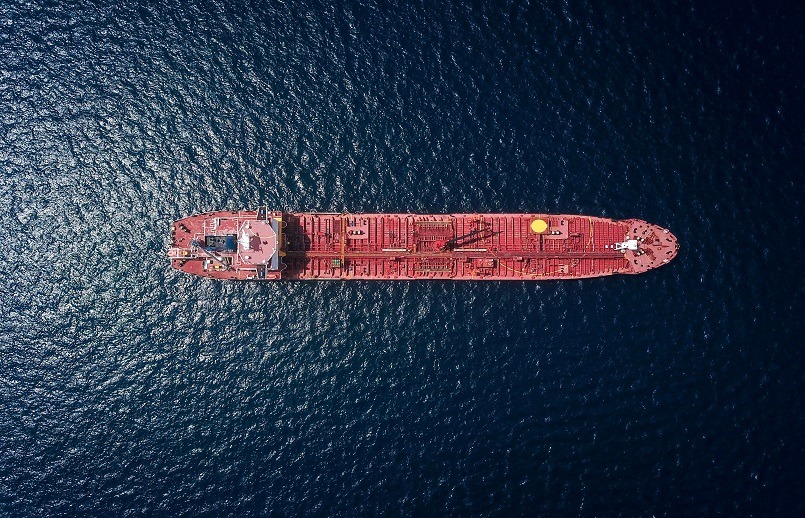On October 12th INSME held the 5th Policy Lab in the framework of THE NEXT SOCIETY, EU funded project aimed at strengthening the cooperation across Mediterranean countries and enhancing the entrepreneurial ecosystems in this macro region. Policy Labs are live streaming webinars aimed at sharing national experiences on innovation in the Mediterranean and inspiring the replicability of these good practices. The 5th Policy lab put a spotlight on the Suez Canal Economic Zone (SCZone), a free economic zone, designed by the Egyptian authorities to provide favourable conditions for business, decrease transaction costs, promote investments, facilitate trade, thus encouraging employment. The area is strategically located at the crossroad between Europe, Africa. The speakers’ panel was composed by:
- Giovanni Zazzerini, Secretary General, INSME, Italy, presenting and moderating the event
- Waleid Gamal Eldien, CEO, SCZone, Egypt
- Alessandro Panaro, Head of Maritime & Energy, SR-M Center for Economic Studies and Research in Mediterranean area, Italy
- Akram Soliman El Selmy, Professor of costal Engineering & port Planning, Dean Port Training Institute – Arab Academy for Science Technology and Maritime Transport, Egypt
SCZone trade hub is located along the banks of the Suez Canal and is governed by the General Authority for the Suez Canal Economic Zone. It is an autonomous body with executive powers of regulation and approval including the full authority to oversee all areas of operation, staffing, control over budgets, funding, development of partnerships with developers, and business facilitation services. SCZone is applying an investor-friendly business environment, a one-stop shop with simple declarative investment registration systems, streamlined investment approvals, training centers, and services for employees. The key features of the Suez Canal Economic Zone are:
- A pivotal Geographical Position and access to large markets (Europe, Asia, the Middle East, and Africa).
- Skilled & Affordable Labor (experienced accountants, lawyers, ICT specialists, engineers, technicians, etc.)
- Business Friendly Process for investors to quickly register and receive licenses, obtain permits (One-stop shop policy / 48 Hours to incorporate your company).
- Infrastructure and Logistics: State-of-the-art energy, water, waste management, telecommunication, and transport facilities
As mentioned by Mr. Panaro, Head of Maritime and Energy at SR-M Center for Economic Studies and Research in Mediterranean area (INSME Member), it is important to mention that the Suez Canal figures are impressive: 1 billion tonnes of cargo in 2020 and almost 20,000 ships transited in the Canal, which account for 12% of world seaborne traffic. The Canal has always been a major source of national income, but, over the last decade, Egypt succeeded in its goal to transform it from a mere transit area for goods to a proper destination, an industrial and innovation hub. Mr. Panaro also mentioned that free economic zones are evolving and growing over time, as today there are about 5,400 free zones in 147 countries all over the world. These zones have created 90-100 million direct jobs, and, according to recent SR-M research, their expected benefits are growth in:
- Exports: in Free Zones export is 40% higher than that generated in the area
- Investments: Public resources have a 1:3 multiplier effect; each euro of tax credit activates 2 Euros of private capital
- International traffic: analysis has shown an average annual increase in container traffic of 8.4% (in Italy, this traffic has shown an average annual increase of 1.1% in the last 10 years).
According to the SR-M on UNCTAD research, the secret of success for Free Economic Zones is a mix of state and regional incentives, a high-level logistic system and investment infrastructure, and adequate promotion worldwide.
SCZone CEO, Mr. Gamal Eldien, explained that the SCZone was set up in 2015 and as of today is composed of 4 industrial zones and 6 ports. The Egyptian government is completing many infrastructures to make the SCZone even more connected to the near regions, such as tunnels, local and national roads, and highways.
Companies operating in the SCZone can benefit from Direct Incentives:
- 0% CUSTOM TAX on all project’s components imported from abroad under the condition of exporting the final products.
- 0% VAT applied whether importing from local or foreign markets to SCZONE, on all procurements required for manufacturing, production, operation (raw materials, components, spare parts, etc.). 14% VAT is applied on exporting products from SCZONE to the local market
- CORPORATE TAX (INCENTIVES FOR 7 YEARS): Discount on Corporate Tax (net profit) equivalent to 50% of project investment costs.
Companies can also benefit from indirect incentives, such as special rules and reduced prices of energy, infrastructure utilization, and services.
The foreign investments that the SCZone has attracted have a positive impact on the national economy, and at the same time produce spillover effects thanks to new technologies and know-how transferred to the region, contributing to transforming the area into a major fulcrum for innovation and entrepreneurship
For instance, the Egypt-TEDA SCZone development, created after an agreement with the Chinese Government, is one of the most significant projects in the area, with state-of-the-art plants producing textiles and plastics, energy, and providing for waste management and recycling.
Mr. Akram S. El Selmy, Professor of Coastal Engineering & port Planning Professor at Dean, Port Training Institute Arab Academy for Science, Technology & Maritime Transport, focused on the importance of making free trade areas and their ports sustainable and resilient, supporting nearshoring and a supply chain clustering approach. Human resources qualification is a key factor for the success of free trade areas, which must provide adequate training programs for employees based on the current trends and expected future needs: IT and digitalisation, Cybersecurity, IoT, Big Data, Energy transition, multimodal transports. Every region has its own specificities and the development strategy should be tailor-made on the environment and specialties. SCZone is applying these concepts, being able to attract 250 operational establishments, 14 industrial developers, 18-billion-dollar total investment costs including infrastructures, generating 100,000 direct job opportunities.
You can find here the record of the event, and access to the collection of INSME best practices by clicking this link.



